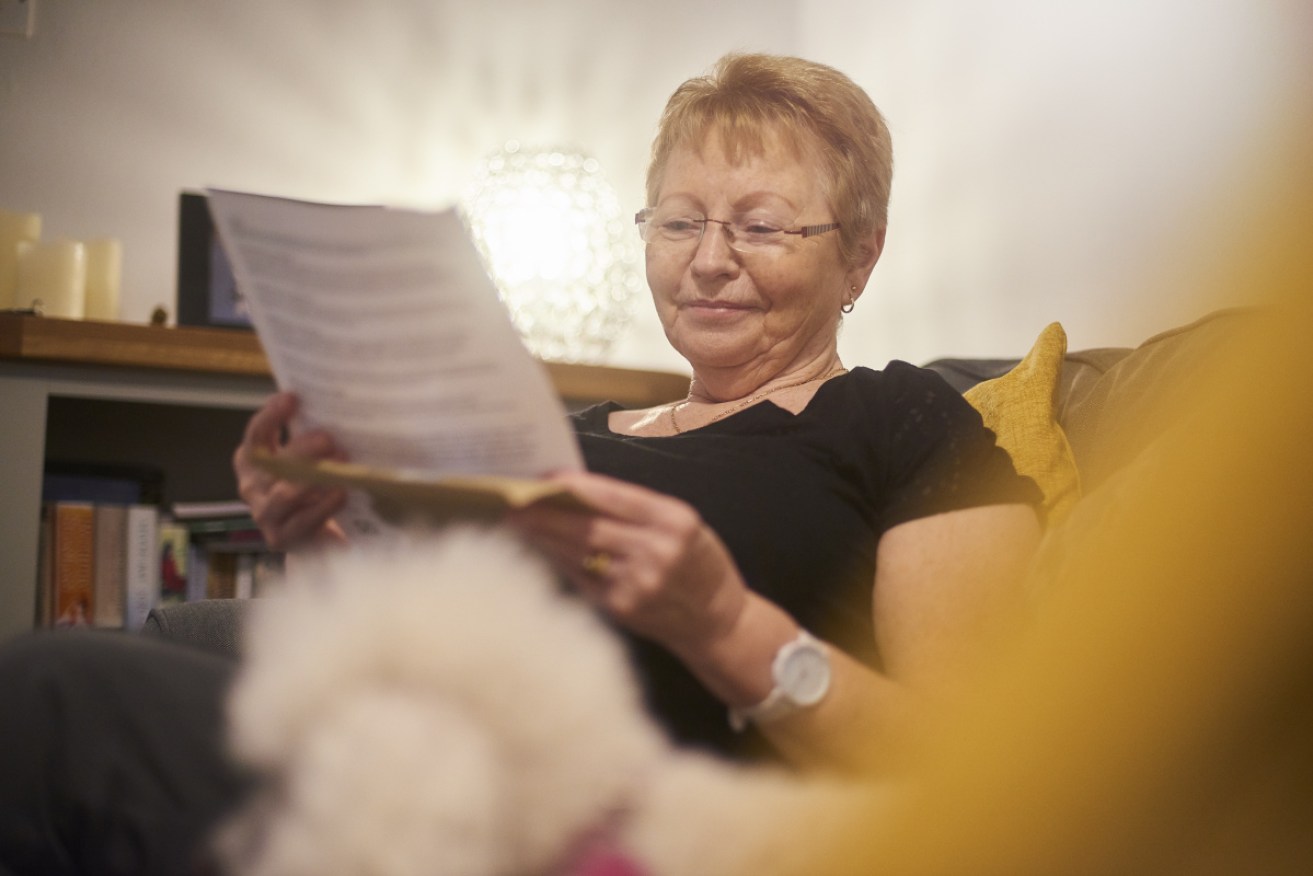How to slash your energy bill during the pandemic


Many households may experience a shock in their next power bill. But there are still ways to save. Photo: Getty
Households adhering to strict physical distancing measures may feel new-found pain when they next open their energy bills.
As governments tell Australians to only leave home for essential reasons, energy usage is set to skyrocket.
Retailers have offered customers suffering financial hardship deferred or rebated network charges, and promised not to disconnect households who miss payments until at least July 31.
But with the Morrison government cautioning the nation to prepare for a six-month battle with coronavirus, industry analysts say now is the time for Australians to adopt better savings tactics.

With an unprecedented number of Australians now working from home, energy bills are tipped to rise. Photo: Getty
Daryl La’Brooy, principal and certified financial planner at Hillross, said the public health crisis has forced households to get creative with their saving habits.
“The shutdown is forcing widespread behavioural change, and forcing people to look at what’s needed, what’s really extraneous and find some savings, so that when we come out of this crisis, their financials are in much better shape,” Mr La’Brooy said.
What strategies can help me save money around the house?
Although consumer spending has fallen over the lockdown period, new Commonwealth Bank research found household expenditure on furnishings and equipment in the week ending April 3 was up 20 per cent on the same time last year.
Finder.com.au insights manager Graham Cooke warned Australians looking to upgrade their appliances that buying the wrong model would hurt them financially.
“You want to get products with a higher energy rating, so every time you go up an energy star, you’ll be saving more energy,” Mr Cooke said.
“And also look for things like eco-settings on washing machines and you’ll often save 20 to 30 per cent on associated running costs.
“Of course, look for where you can run items for shorter periods of time, so shorter washes, drying clothes outside rather than using a dryer, and turning lights off when you’re not home.”
When it comes to regulating household temperatures, consumers need to be aware of the ideal ‘stable’ temperature, which is around 24 degrees.
Mr Cooke said by recognising that number and weather-proofing the home, energy costs can plummet.
“Anything that adjusts temperature like air-conditioning, ovens and heaters tend to contribute heftily towards energy bills,” Mr Cooke said.
Things like double glazing to both keep the heat in and keep the heat out, and paying attention to the rooms you’re using to make sure doors are closed are handy ways to save.’’

Mr Cooke said analysing power meters can help consumers understand when their usage peaks and what appliances contribute most to their energy bills. Photo: Getty
Is now the right time to shop around for a new provider?
Australians should always be on the lookout for better deals, Mr Cooke said.
But considering the cost pressures associated with the coronavirus lockdown, it’s more than important than ever to secure the best-possible rates from an energy provider.
Although many like to highlight discounts and savings in their advertising, Mr Cooke said consumers should pay closer attention to the costs that comprise energy tariffs.
You need to focus on what you’re actually paying rather than the discounts,’’ Mr Cooke said.
“Some providers can discount from a higher base cost, so you need to look at the actual cost per kilowatt hour after you take into account paying your bills on time.”
Mr La’Brooy said state governments like Victoria’s also provide incentives for dissatisfied customers to shop around.
Tweet from @LilyDAmbrosioMP
“People can check their current provider versus other providers and get some money for genuinely looking to cut their ongoing electricity costs,” Mr La’Brooy said.
What do I do if I encounter financial hardship?
Many energy providers have hardship policies that offer support options, including extensions on bill payments and redistributed payment plans.
State governments also provide concessions and vouchers depending on a household’s individual circumstances.
These can be accessed through the federal government’s MoneySmart website.
Mr La’Brooy said providers are proving flexible as the crisis prompts spikes in unemployment and reduced hours for casual workers.
Tweet from @Peter_F_Ryan
“Some of them are not providing across-the-board relief. They’re having individual conversations with their customers,” Mr La’Brooy said.
“The first thing you need to do [if you encounter hardship] is to liaise with your provider and see what help they can give, and that might be enough to tide you through the pandemic.
“And to get credit in the future for paid mortgages or credit cards, your credit history is really important. So see whether temporary relief is going to cause a black mark on your credit report before agreeing.”








